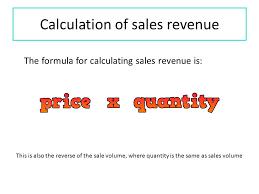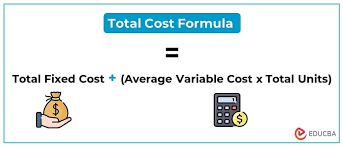financial planning: sales,revenue and costs
1/16
Earn XP
Description and Tags
Name | Mastery | Learn | Test | Matching | Spaced | Call with Kai |
|---|
No analytics yet
Send a link to your students to track their progress
17 Terms
average cost/ unit cost
cost of producing one unit
total cost/ total output

fixed cost
a cost that does not change as a results of a change in output in the short term
e.g rent, insurance heating bills etc
long run/ long term
the time period where all factors of production are variable
profit(loss)
the difference between total costs and total revenue
sales revenue
the value of output sold in a particular time period.
sales revenue= cost x quantity of product

sales volume
the quanitity of output sold in a particular time period
semi-variable costs
consist of both fixed and variable elements.
repairs and maintenance, telephone and electricity bills, vehicle expenses, Internet fees, payroll and employee compensation.
short run
the time period where at least one factor is fixed
total cost
the entire cost of producing given a certain level of output
total cost =fixed cost + variable cost

total revenue
the whole amount of money recieved from selling output
variable costs
costs that rise directly porpprtionally to output rises
business costs
reiable and accurate cost information is required to make informed business decisions
profit equations
difference betwen revenue and costs
profit = total revenue - total costs
ways of improving sales volume
advertising
promotion
improved targeting
extend product range
extend distribution networks
develop relationships with customers
improving sales volume
changing the price
raisning the price
lowering the price
adding complementary services or goods
how does raising the prices affect sales revenue
raising the price can increase revenue IF the demand is price inelastic
how does raising the prices affect sales revenue
can only increase the sales revenue if the demand is elastic